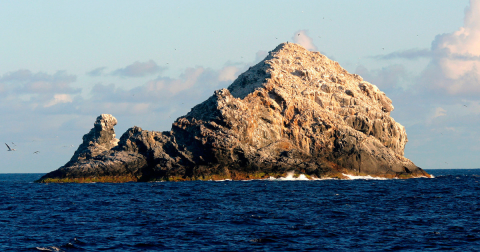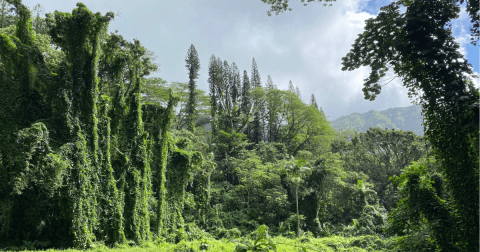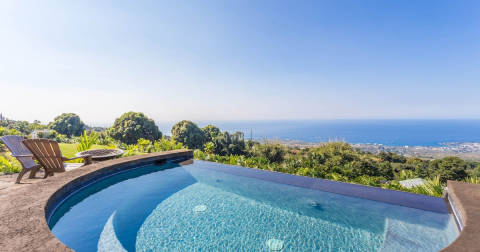You're Not A True Hawaii Local Unless You Understand These 19 Words
The Hawaiian Islands are unique in more ways than any one person could count and that includes our language, vocabulary, and local diction. While most people from Hawaii don’t exclusively speak Hawaiian — except those who call Niihau home — there are a variety of words and phrases from the Hawaiian language that are still frequently used today. From traditional Hawaiian phrases to modern slang and pidgin terms, you’re not a true Hawaii local who can prove they’re living in Hawaii unless you understand (and maybe even use) these 19 common words and phrases.
1. Windward

2. Howzit

3. Da kine
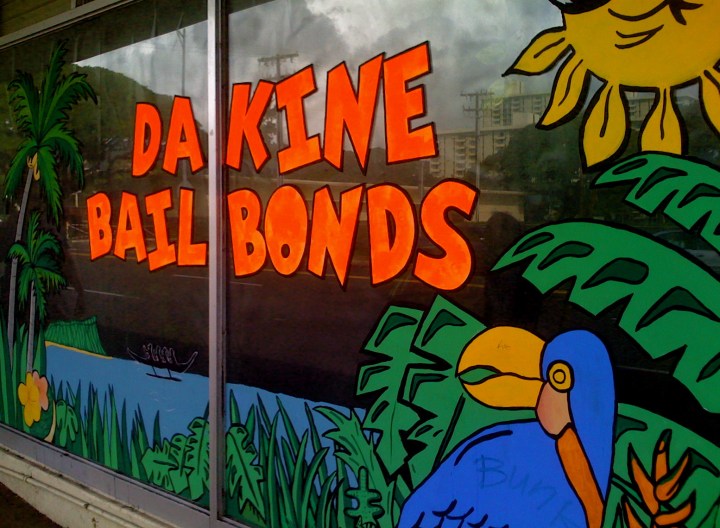
4. Kapu

5. Holohholo
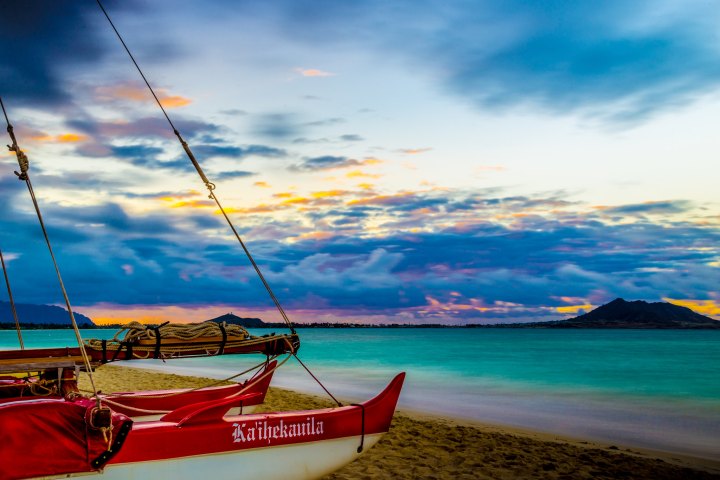
6. Wahine and Kane
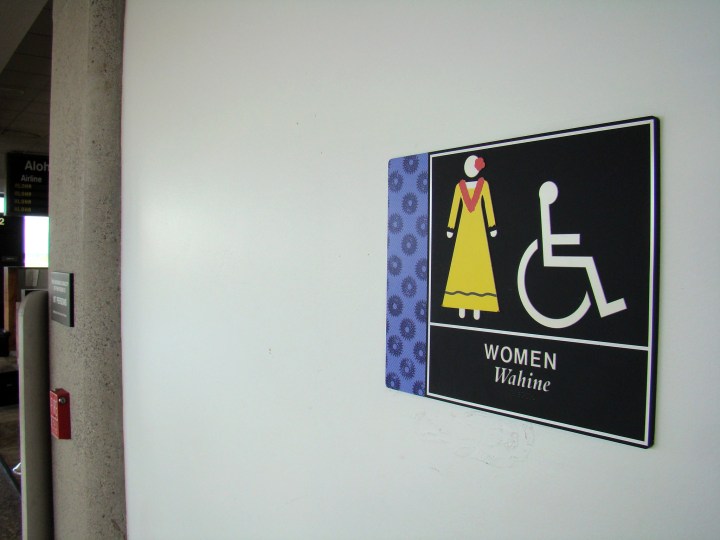
7. Pau hana

8. Pupus

9. Lanai

10. E Komo Mai

11. Hanai

12. Aloha

13. Kokua

14. These ono grinds are broke da mout

15. Malasada
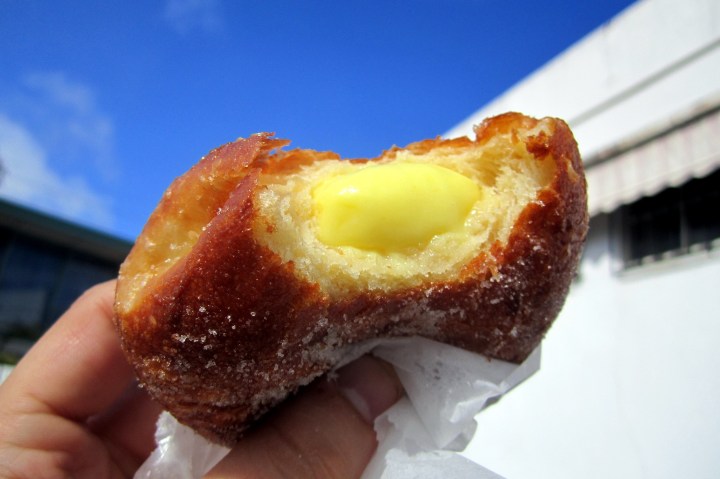
16. Mauka

17. Hui hou

18. Humuhumunukunukuapua'a

19. Kama’aina

So, tell us: how many of these words and phrases do you understand? What other phrases should everyone who is living in Hawaii or moves to Hawaii know? Share your thoughts with us in the comments below. Curious about what no one tells you about living in Hawaii?
And if you’re just visiting the islands, make sure to support local and book your stay on VRBO.
OnlyInYourState may earn compensation through affiliate links in this article. As an Amazon Associate, we earn from qualifying purchases.
More to Explore
Living In Hawaii
Is it a good idea to live in Hawaii?
Living in Hawaii can be a dream come true for many, thanks to its unparalleled natural beauty, warm tropical climate, and rich cultural diversity. The islands offer a unique lifestyle that emphasizes outdoor activities, community, and a deep respect for the natural environment. However, potential residents should also consider the high cost of living, including housing and groceries, which are significantly higher than the mainland U.S. due to the islands' remote location.
Additionally, job opportunities, particularly outside of tourism and military sectors, can be limited. Infrastructure and traffic congestion, especially on Oahu, can also be challenging. Despite these considerations, many find the quality of life, the community's spirit, and the natural beauty of Hawaii to outweigh the drawbacks, making it an appealing place to call home for those who can navigate its challenges.
What to know before moving to Hawaii?
Before moving to Hawaii, it's beneficial to be aware of several aspects that could significantly impact your experience living on the islands. Here are some insights that newcomers often wish they knew before making the move:
- Cost of Living: Hawaii has one of the highest costs of living in the United States. Everything from housing to groceries and utilities is more expensive due to the islands’ remote location and reliance on imports.
- Island Fever: Some people experience "island fever" after living in Hawaii for a while. The feeling of being isolated from the mainland and the limitation of travel options can be challenging for some.
- Cultural Differences: Hawaii has a unique culture influenced by Native Hawaiian, Asian, and Pacific Islander traditions. Understanding and respecting local customs, values, and the importance of 'ohana' (family) is crucial for integrating into the community.
- Environmental Awareness: Residents are expected to have a deep respect for the land (‘aina) and the environment. Sustainable living practices are encouraged, and there's a strong emphasis on conservation and respect for natural resources.
- Traffic and Infrastructure: Especially on Oahu, traffic can be surprisingly heavy, and public transportation options are limited. Planning around traffic congestion is a part of daily life in more populated areas.
- Limited Job Market: Outside of tourism, military, and healthcare, job opportunities can be limited and highly competitive. It's beneficial to secure employment before moving or have a solid plan for sustaining oneself.
Knowing these aspects can help mitigate surprises and adjust expectations, making the transition to life in Hawaii more enjoyable and fulfilling.


